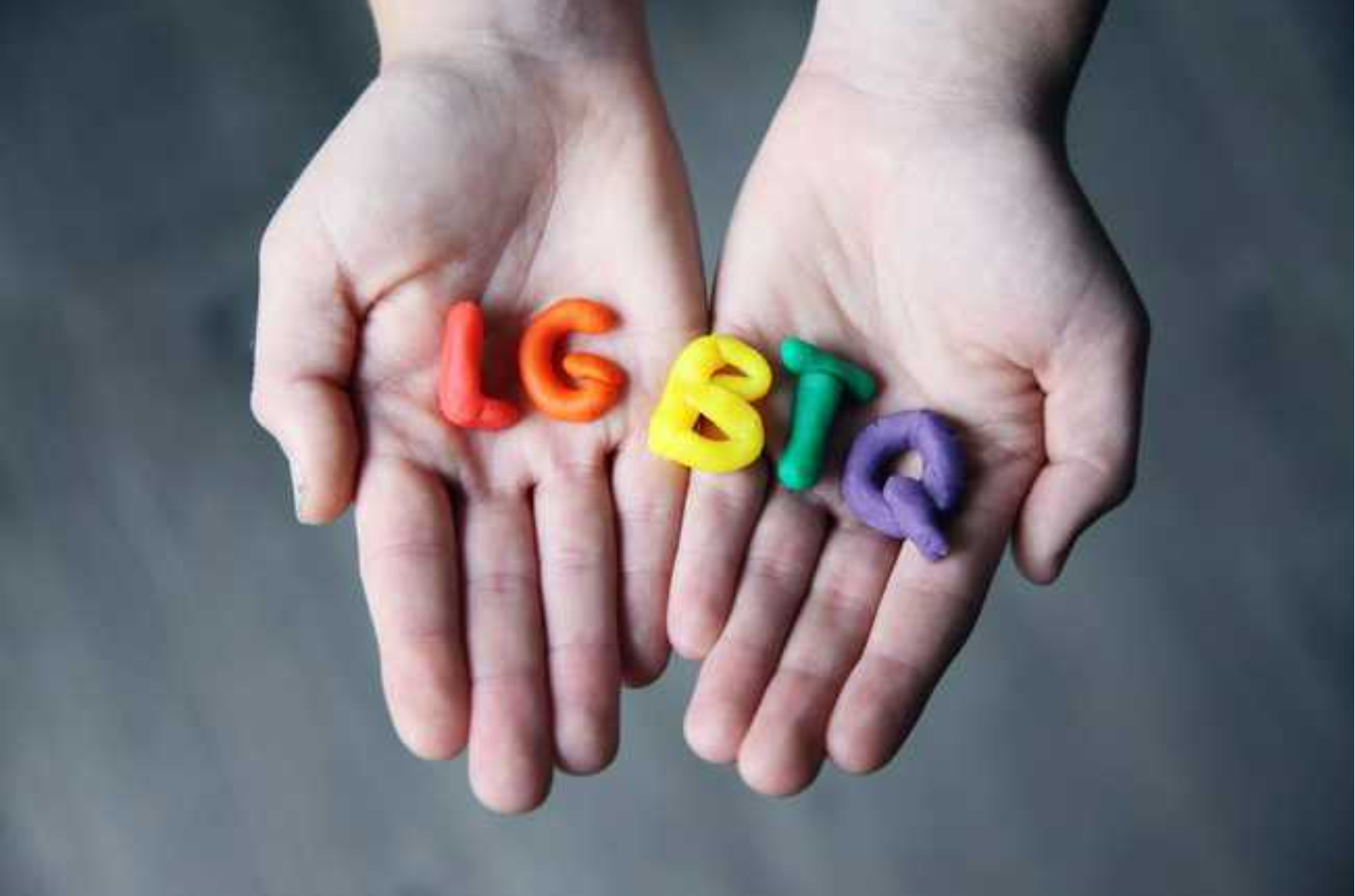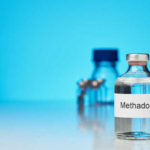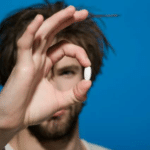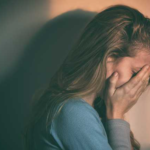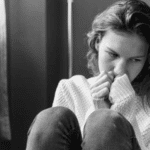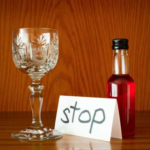Learn About Substance Abuse Among The LGBTQ Community
Addiction is complex. Eleven percent of Americans struggle with some sort of drug addiction. Anyone from any walk of life can suffer from drug addiction.
Addiction is even more complicated within the LGBTQ community. Twenty to thirty percent of LGBTQ+ individuals struggle with addiction. LGBTQ+ individuals face challenges that heterosexual individuals do not face.
But there are solutions. Treatments specific to LGBTQ+ individuals exist. Here is a quick guide to drug addiction in the LGBTQ community.
What Is Addiction?
Addiction is a brain disease. Dopamine is a chemical messenger that sends out feelings of pleasure. Whenever you do something that gives you joy, dopamine fires through your brain.
Drugs flood the brain with dopamine. With enough drug use, the brain’s dopamine receptors change. They become dependent on drugs to fire them up.
Addiction is based within dopamine receptors. But other portions of the brain change in response to addiction. Addiction can also damage the heart, kidneys, and lungs.
You can develop an addiction to drugs, gambling, video games, and sex. Some people may experience multiple kinds of addictions at once. Other diseases can accompany addiction.
People who have addictions are not bad people. They are struggling against their own brain’s reward system. Anyone can receive treatment for any addiction at any time.
Addiction in the LGBTQ Community
Every person is different. But many individuals in the LGBTQ community go through similar experiences.
Discrimination and stigmatization against the LGBTQ community remain rampant. Hate crimes are a daily occurrence in the United States. Microaggressions and emotional abuse are even more commonplace.
It takes some individuals years to come out. When they do, they experience rejection and abuse. Some people delay coming out, which may cause mental distress.
More than forty percent of gay people report discrimination in the workplace. LGBTQ+ individuals have a four percent higher unemployment rate than heterosexuals. Non-binary and transgender people have a seven percent higher rate.
Drugs and alcohol can be self-medication in response to discrimination. Drugs and alcohol slow the body’s neurological processes, reducing stress. But the reduction is only temporary.
Many LGBTQ+ individuals use drugs to fit in with heterosexual culture. Some people use drugs because of social pressure. If their friends are using drugs, they’ll use drugs too.
Another disease often accompanies addiction. LGBTQ+ individuals report higher rates of depression, anxiety, and mental illness than heterosexuals. Some people turn to drugs to help, though drugs only make those illnesses worse.
LGBTQ+ people are at higher risk for HIV/AIDS. Drugs and alcohol can cause malnourishment, making HIV/AIDS worse. Drugs and alcohol can also cause risky decision-making, increasing susceptibility to HIV/AIDS.
LGBTQ+ Youth and LGBTQ+ People of Color
LGBTQ+ youth and LGBTQ+ people of color are very susceptible to becoming addicts. We must consider age and racial and ethnic identity when we discussing addiction in the LGBTQ+ community.
The Human Rights Campaign conducted the largest survey of LGBTQ+ youth in 2018. They interviewed more than 12,000 LGBTQ+ teenagers.
Seventy-seven percent of respondents reported feeling depressed. Ninety-five percent reported having trouble sleeping.
Four in five LGBTQ+ youth of color have personally experienced racism. Only eleven percent believe their racial group is regarded positively within the United States.
The risk factors that LGBTQ+ people face are especially painful for LGBTQ+ youth. LGBTQ+ youth of color face both racism and homo/trans/queerphobia.
Accordingly, the rates of drug addiction for LGBTQ+ youth are high. Young Black men who have sex with men report higher rates of drug use than white people. But LGBTQ+ youth and LGBTQ+ people of color can receive treatment.
LGBTQ-Specific Treatments
LGBTQ+ individuals can receive treatment from any place they choose. Twelve-step programs, treatment centers, and psychiatric therapy can work for any individual. Some people may need multiple therapies to treat their addiction.
Some LGBTQ+ individuals have been discriminated against during their treatment. Others report that their trauma from discrimination was not addressed.
Medication-assisted therapy is the basis for opioid addiction treatment. Some medications interfere with hormone therapy for transgender people.
You can find LGBTQ-specific treatment centers across the country. These centers require doctors and staff members to complete LGBTQ+ training and education.
Staff members are required to use an individual’s true name and pronouns. Doctors adjust medication-assisted therapy so the treatment does not interfere with hormone therapy.
LGBTQ-specific treatment centers mandate non-discriminatory policies. They cover sexual orientation, gender identity, and gender expression.
They also provide gender-neutral and gender-specific bathrooms. People are encouraged to use the bathroom that aligns with their gender expression. LGBTQ-friendly information is available to patients and their families.
LGBTQ+ centers are developing trauma-informed care. Trauma-informed care trains staff to recognize the effects of discrimination and trauma.
Trauma-informed doctors tailor treatments to patients. They screen the patient’s history of trauma. They prescribe therapies to address that history.
LGBTQ+ centers also offer a number of other services. Many centers test for HIV/AIDS, depression, and other comorbidities. Treatment is confidential if you desire.
You Can Detox
Addiction is a complicated disorder. Addiction in the LGBTQ community is very complicated.
LGBTQ+ individuals report far higher rates of substance abuse than heterosexuals. Discrimination is the major cause of these higher rates. The rates are especially high for transgender and genderqueer individuals, LGBTQ+ youth, and LGBTQ+ youth of color.
LGBTQ-specific treatments are available. LGBTQ-specific treatment centers provide safe spaces for LGBTQ people to receive care. Doctors are specially trained to treat LGBTQ+ patients.
You can detox. Find a drug and alcohol detox center near you, and call us at 855-942-2040 for 24/7 detox help.


